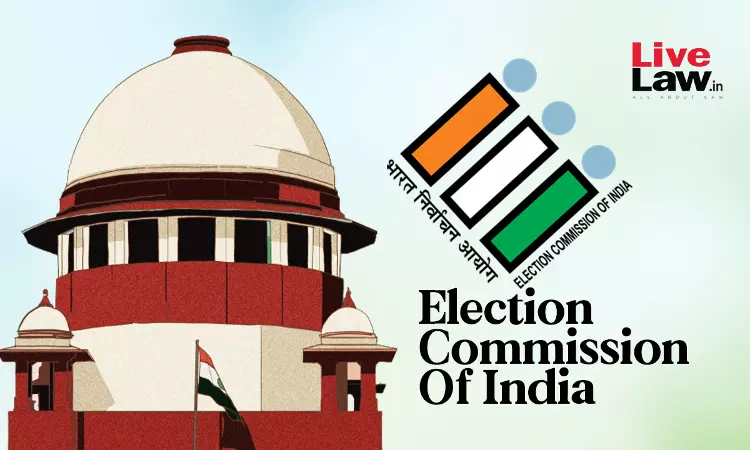A public interest litigation has been initiated before the Supreme Court, challenging Election Commission of India's communication(s) whereby the maximum number of electors per polling station have been increased from 1200 to 1500.The matter was listed today before a bench of Justices Sanjiv Khanna, Sanjay Kumar and R Mahadevan which, without issuing notice, directed that an advance copy of...

